About Us
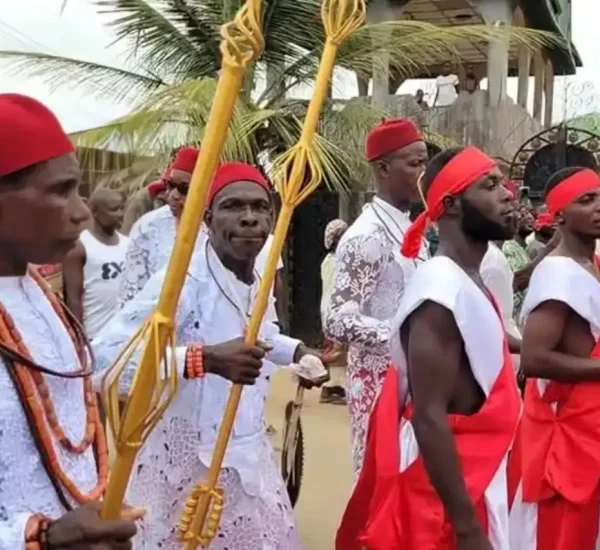
About Aboh Kingdom
Aboh is a village in Delta State, Nigeria, located just one hour from the capital city, Asaba. It serves as the center of the Aboh Kingdom in Ndokwa land. The Aboh Kingdom, with its rich cultural heritage and resilient spirit, stands as a testament to the strength and unity of its people. Nestled along the banks of the Niger River, the kingdom has been a significant center of commerce, culture, and influence for centuries.
Historical background of Aboh Kingdom
Aboh Kingdom: A Legacy of Strength and Unity, Rooted in Rich Heritage and Timeless Traditions
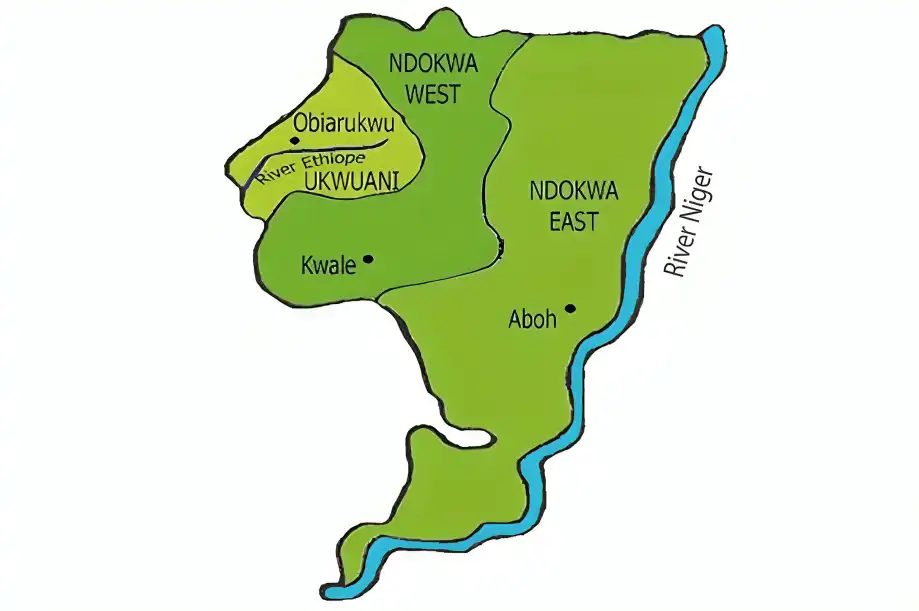
Aboh traces its origins to a proud lineage of leaders who established the kingdom as a hub of trade and diplomacy. Its strategic location along the Niger River allowed the people of Aboh to flourish, connecting them to neighboring regions and distant lands. The kingdom's prosperity was built on trade, with goods such as palm oil, ivory, and textiles forming the backbone of its economy.
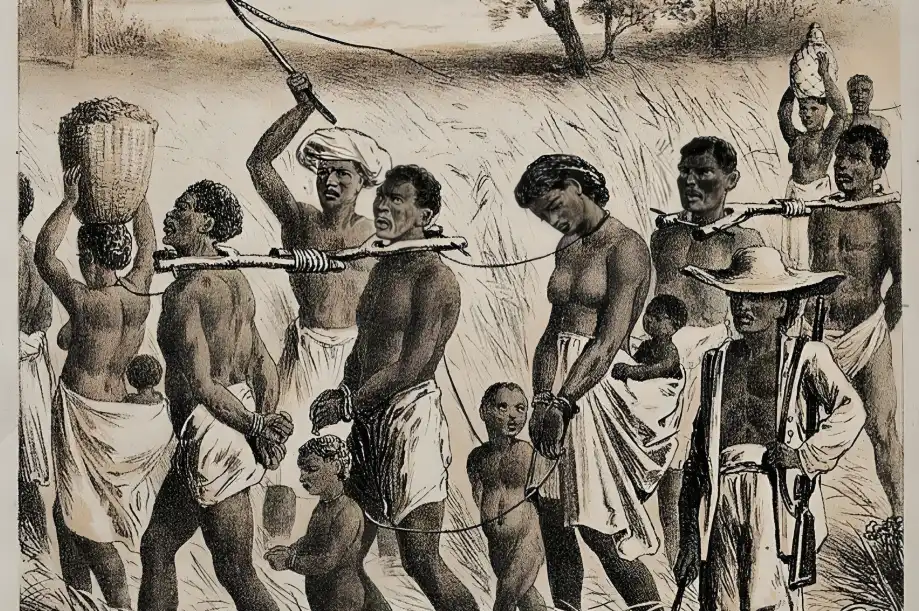
The Kingdom of Aboh played a significant role in the history of the transatlantic slave trade, a tragic chapter that spanned several centuries. From the 17th to the 19th centuries, Aboh kingdoms was a key region from which individuals were captured and sold into slavery. The kingdom's access to strategic river systems, such as the Niger River, made it a hub for trade routes that connected inland areas to European traders along the coast.
During this period, countless individuals and families from Aboh were forcibly taken from their homeland and transported to the Americas, Caribbean, South America, and North America. These interactions formed part of the larger transatlantic slave trade network, in which African kingdoms, including Aboh, and European powers were deeply entangled. The trade caused the separation of families, the destruction of communities, and the loss of countless lives, leaving behind a legacy of grief and disruption.
Despite the immense suffering, the people of Aboh retained their identity, traditions, and cultural heritage, many elements of which survived even among their descendants in the diaspora. Today, the Aboh Kingdom reflects on this painful history with solemnity, striving to honor the resilience and contributions of those who endured these hardships. It stands as a reminder of the importance of unity, remembrance, and healing for future generations.
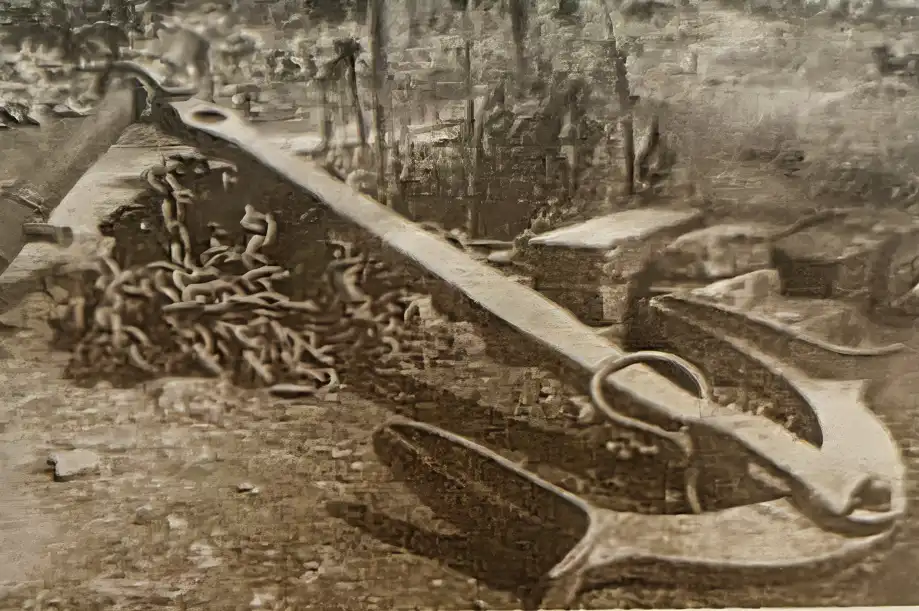
In the 1830s, John and Richard Lander journeyed through the Niger River region on their quest to trace the river's course to the sea. Aboh became a pivotal point in their expedition, offering them a glimpse into the vibrant culture and traditions of the kingdom. However, their journey took an unexpected turn in 1831 when Richard Lander was captured by the Aboh army under the orders of Obi Ossai I, the hot-tempered king of Aboh.
News of Lander's capture quickly reached the British consulate in Badagry. In response, the consulate sought assistance from King Buoy of Brass, a close ally of Obi Ossai, to negotiate Richard Lander's release. Accompanied by a delegation from the consulate, King Buoy traveled to Aboh to engage in negotiations. Obi Ossai ultimately sold Richard Lander to King Buoy of Brass for eight bars of gold, making Obi Ossai one of the few, if not the only, African leaders of the time to sell a European into slavery.
Adding to this historical intrigue, the anchor from Richard Lander's boat was seized during his capture and remains in Aboh to this day. It is one of the most significant yet untapped artifacts in West Africa, embodying the region's unique and complex history.
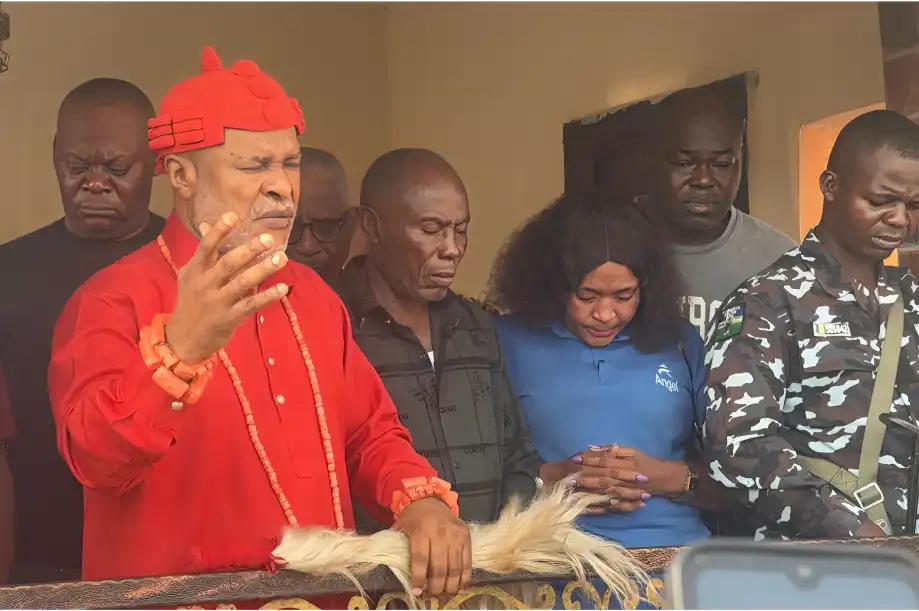
The late King Greg Oputa II, the grandfather of the current monarch, played a pivotal role in shaping the modern Aboh Kingdom. A visionary leader, King Greg Oputa II worked tirelessly to preserve the kingdom's heritage while fostering development and diplomacy. His reign is remembered as a period of unity, cultural pride, and progress.
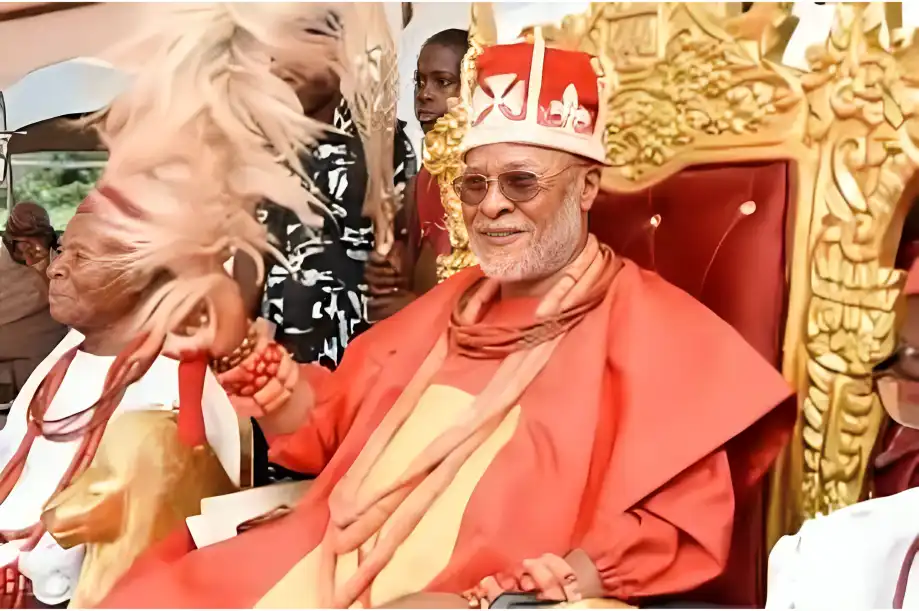
Today, under the leadership of King Greg Oputa III, the Aboh Kingdom continues to honor its storied past while embracing a future of growth and opportunity. The current king carries forward the legacy of his ancestors, prioritizing economic development, technology, healthcare, education, tourism, and cultural preservation.

6.7 K
Total people lived
in our city

4.8 K
Squaes kilometer
region covers

40%
Bears highly fertile
cultivated land

6th
Average cost of
home owenership
Meet The Chiefs
Dedicated to public service, the chiefs works tirelessly to lead with vision, integrity, and commitment.
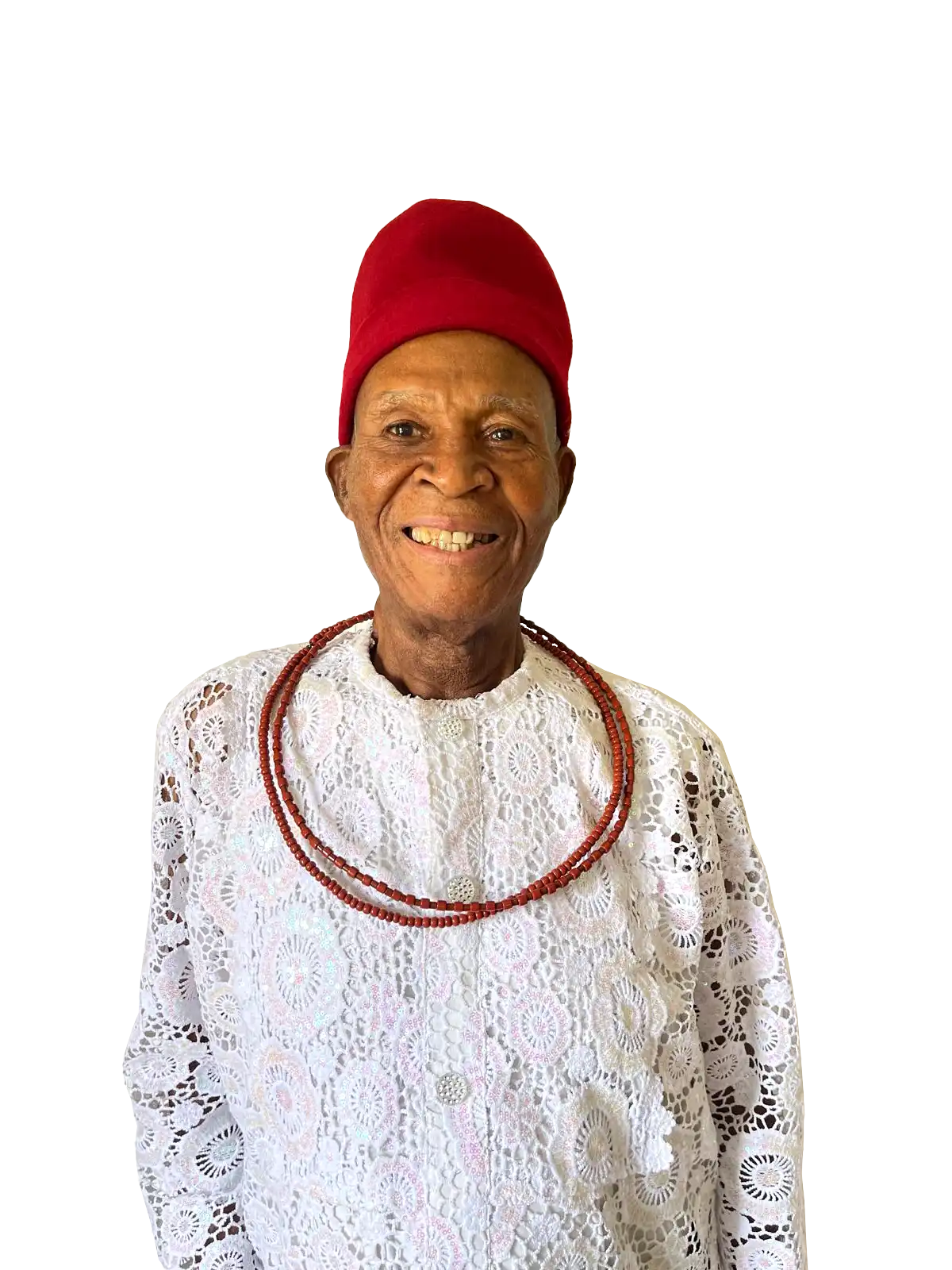
Iyesele
Councilor, District 3
abohkingdom@gmail.com
Call on: 1800 123 4567
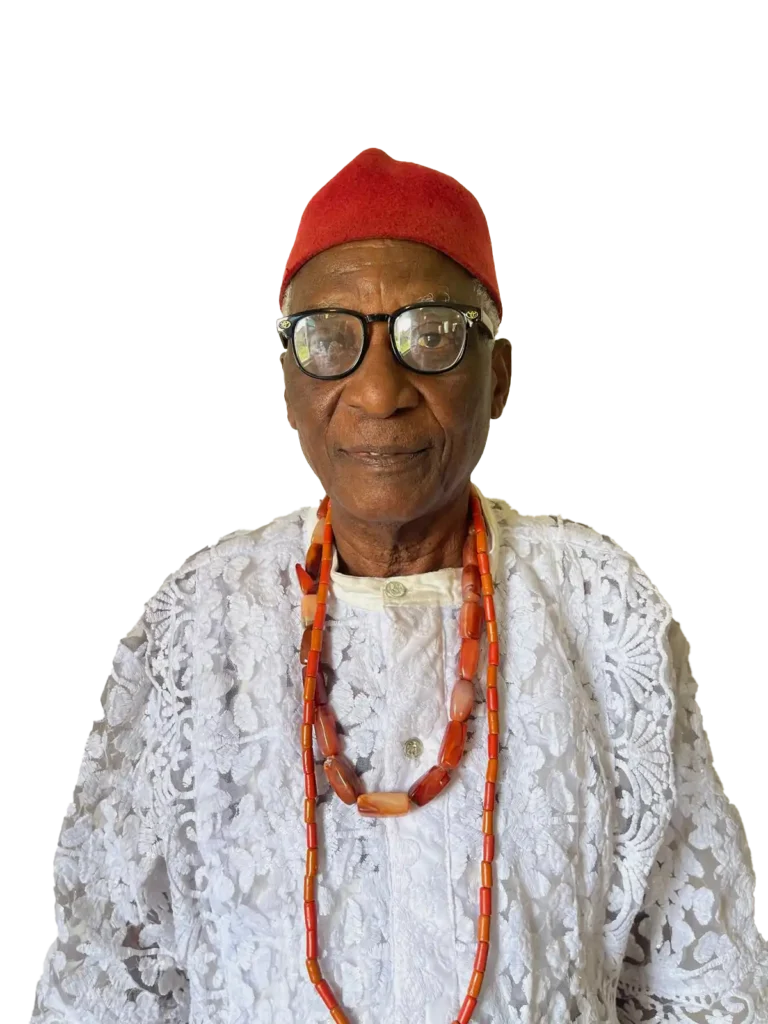
Ozea
Councilor, District 2
abohkingdom@gmail.com
Call on: 1800 123 4567
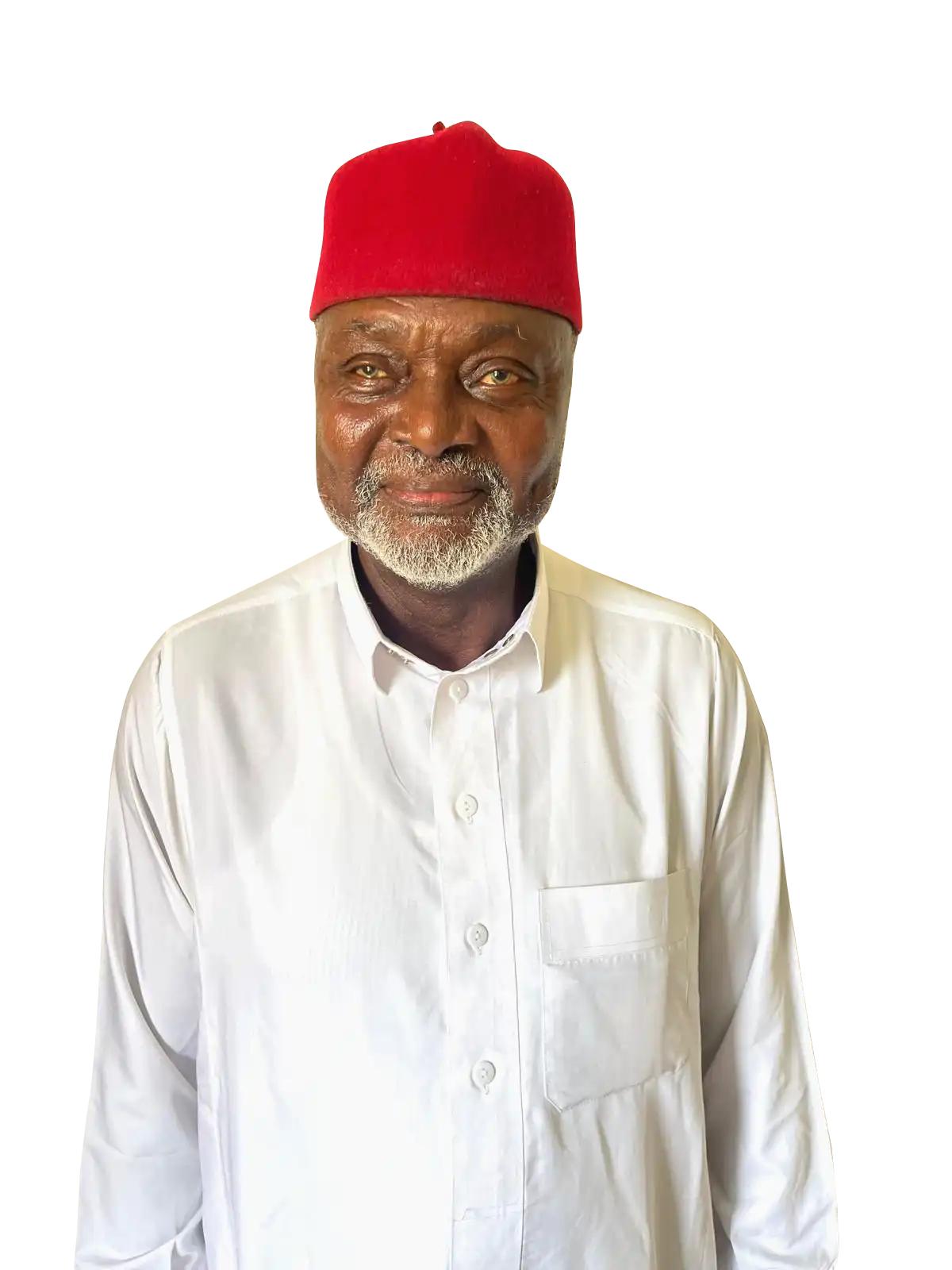
Ojinguwa
Councilor, District 1
abohkingdom@gmail.com
Call on: 1800 123 4567
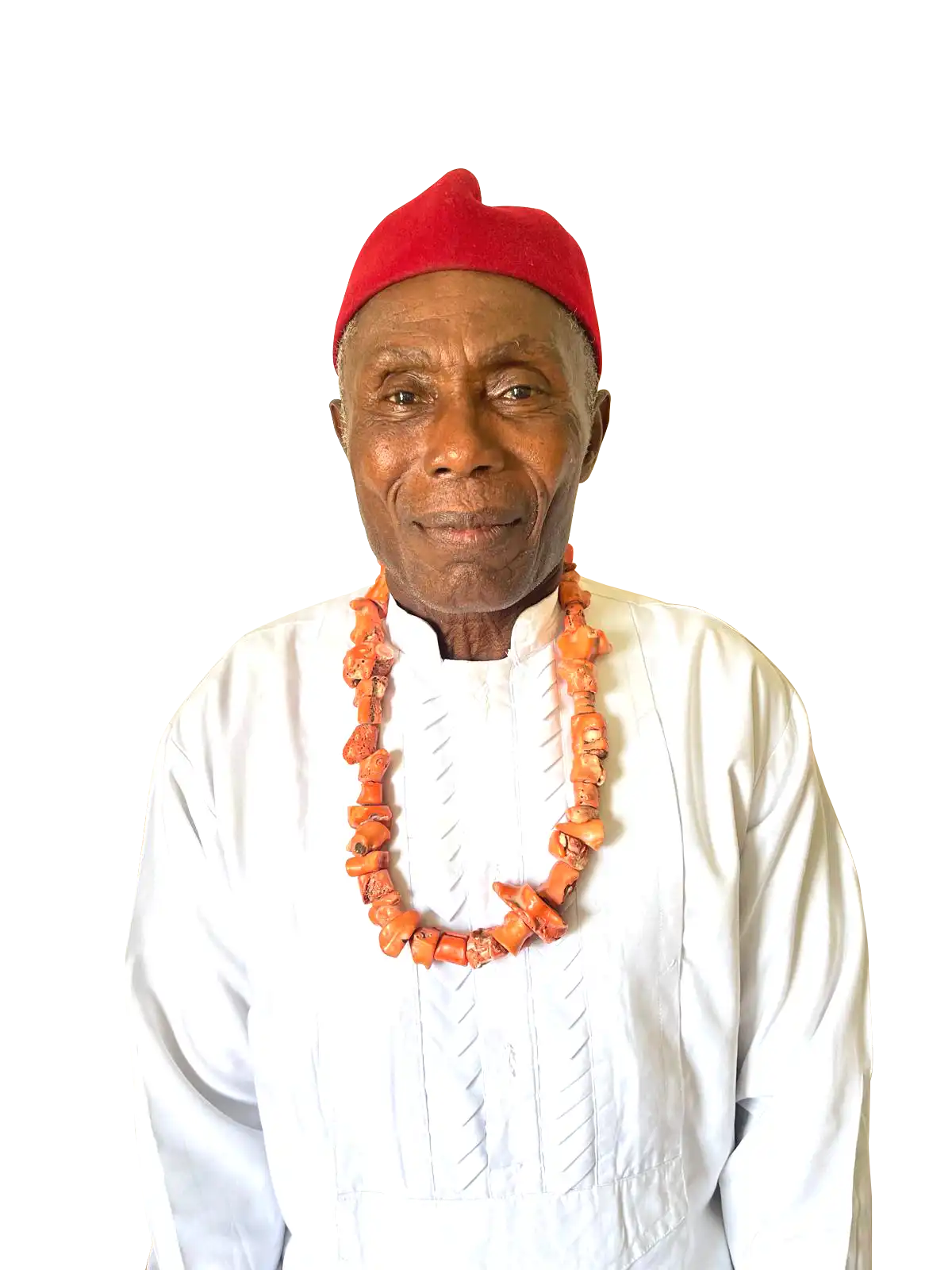
Ndanike
City Council President
abohkingdom@gmail.com
Call on: 1800 123 4567

